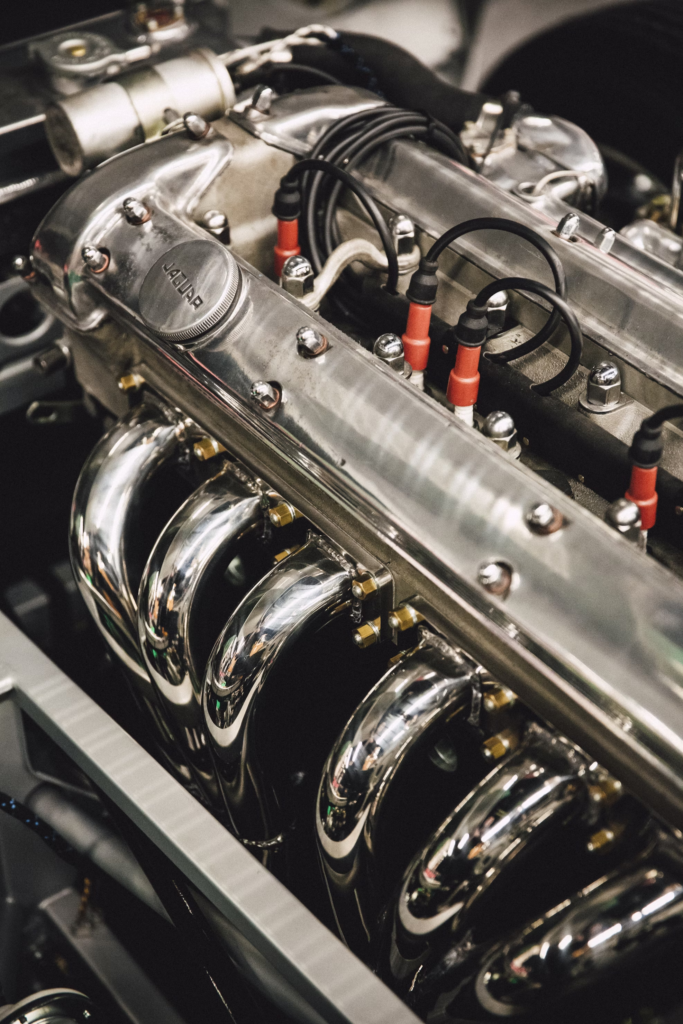
Diesel engines have been a cornerstone of various industries for over a century, known for their efficiency and robustness. However, as the world increasingly focuses on sustainability and reducing carbon emissions, the future perspective of diesel engines is under scrutiny. This article explores the current state and future potential of diesel engines in the context of technological advancements, environmental regulations, and market dynamics.
Current State of Diesel Engines
Diesel engines are widely used in transportation, agriculture, and industrial applications due to their fuel efficiency, durability, and torque characteristics. They are particularly prevalent in heavy-duty vehicles, ships, and machinery where power and efficiency are paramount. Despite their advantages, diesel engines have been criticized for their emissions, particularly nitrogen oxides (NOx) and particulate matter (PM), which contribute to air pollution and health issues.
Technological Advancements
The diesel engine industry has seen significant advancements aimed at reducing emissions and improving efficiency. Some key innovations include:
- Advanced Fuel Injection Systems: Modern diesel engines use high-pressure common rail fuel injection systems, which improve combustion efficiency and reduce emissions.
- Turbocharging and Intercooling: These technologies increase the engine’s power output and efficiency while reducing fuel consumption.
- After-Treatment Systems: Technologies such as Selective Catalytic Reduction (SCR) and Diesel Particulate Filters (DPF) significantly reduce NOx and PM emissions.
- Hybridization: Combining diesel engines with electric motors in hybrid systems can further enhance fuel efficiency and reduce emissions, particularly in urban settings.
Environmental Regulations
Stringent environmental regulations are shaping the future of diesel engines. Regions like the European Union and North America have implemented stringent emission standards (e.g., Euro 6, Tier 4), pushing manufacturers to innovate and comply. These regulations are driving the adoption of cleaner technologies and the development of alternative fuels such as biodiesel and renewable diesel, which can reduce the carbon footprint of diesel engines.
Market Dynamics and Alternatives
The market dynamics for diesel engines are influenced by several factors:
- Declining Costs of Electrification: The cost of electric vehicle (EV) technology is decreasing, making EVs more competitive with diesel-powered vehicles, especially in the passenger car segment.
- Renewable Energy Integration: The increasing availability of renewable energy sources supports the shift towards electrification and alternative fuels, reducing reliance on traditional diesel engines.
- Government Policies: Incentives for electric vehicles and penalties for high-emission vehicles are accelerating the transition away from diesel in some regions.
However, diesel engines remain dominant in sectors where electrification is challenging, such as heavy-duty transportation, shipping, and remote power generation. In these areas, diesel’s energy density and existing infrastructure provide advantages that are not easily replicated by current alternatives.
Future Prospects
The future of diesel engines will likely involve a combination of cleaner technologies, alternative fuels, and hybrid systems. Key areas to watch include:
- Advanced Combustion Techniques: Research into new combustion methods, such as Homogeneous Charge Compression Ignition (HCCI), promises to further reduce emissions and improve efficiency.
- Synthetic and Renewable Fuels: The development and adoption of synthetic fuels and renewable diesel could significantly reduce the environmental impact of diesel engines while leveraging existing infrastructure.
- Hybrid and Electric-Diesel Systems: In applications where full electrification is not feasible, hybrid systems combining diesel engines with electric powertrains can offer a practical compromise.
Conclusion
While diesel engines face significant challenges in the face of environmental concerns and competition from electrification, they are not without a future. Technological advancements, stringent regulations, and the development of alternative fuels are driving the evolution of diesel engines towards cleaner and more efficient systems. In sectors where high power and reliability are essential, diesel engines are likely to remain relevant for the foreseeable future, albeit in a more environmentally friendly form. The industry’s ability to innovate and adapt will determine the ultimate trajectory of diesel engines in the global energy landscape.
Leave a Reply